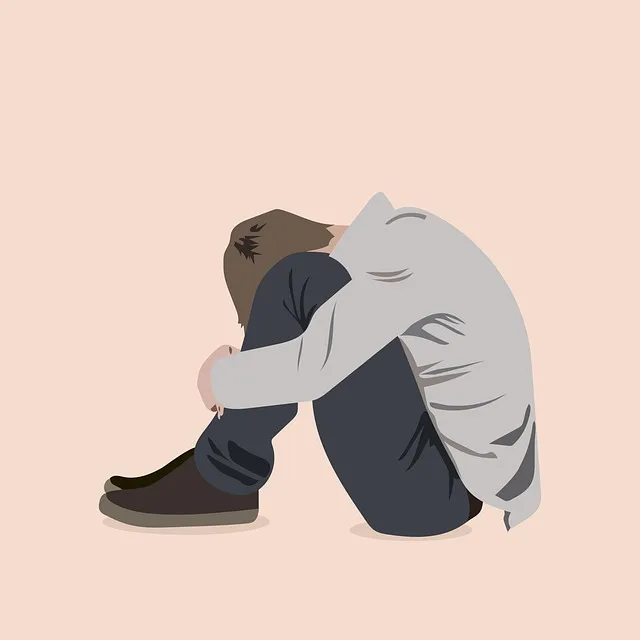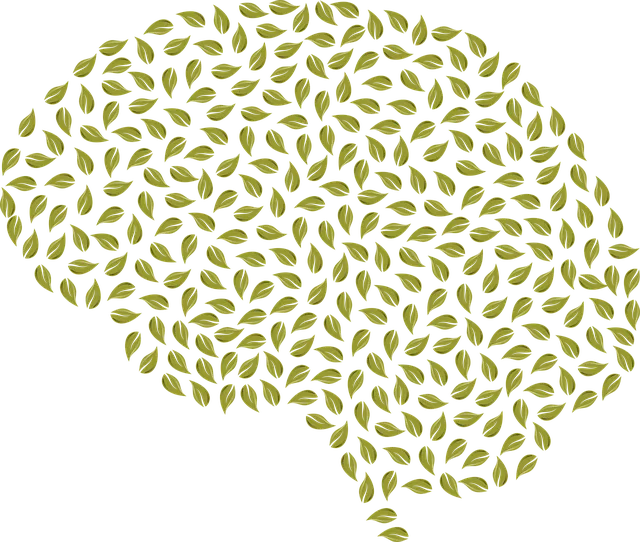The text highlights the harmful effects of stigma on mental health, acting as a significant barrier to treatment. Kaiser Permanente behavioral health providers in Wheat Ridge are leading the fight against this stigma through innovative strategies. They educate communities, foster understanding, and offer evidence-based treatments like Crisis Intervention Guidance and Social Skills Training. By integrating emotional regulation techniques, cultural sensitivity, and community workshops, they empower individuals to share their experiences and pursue mental health care, ultimately cultivating a culture of acceptance for everyone's recovery journey.
Mental illness stigma remains a significant barrier to effective mental healthcare. This article explores three key facets of stigma reduction efforts, focusing on the strategies employed by Kaiser Permanente behavioral health providers in Wheat Ridge and the transformative role of community engagement and advocacy. We delve into how these initiatives impact care-seeking behaviors, ultimately aiming to destigmatize mental illness and foster a more supportive societal landscape for those struggling with mental health challenges.
- Understanding the Impact of Stigma on Mental Health Care Seeking
- Strategies Kaiser Permanente Behavioral Health Providers Use to Reduce Stigma in Wheat Ridge and Beyond
- Community Engagement and Advocacy: Fostering Change in Mental Illness Perception
Understanding the Impact of Stigma on Mental Health Care Seeking

The stigma surrounding mental illness can profoundly impact individuals’ decisions to seek help and access quality care. When faced with societal perceptions that discourage open discussion about mental health, many people struggle to recognize their symptoms as signs of a treatable condition. This internalized shame and fear of judgment often lead to delays in treatment or complete avoidance of seeking professional support. For instance, studies have shown that individuals living in communities like Wheat Ridge, where Kaiser Permanente behavioral health providers are available, might benefit from reduced stigma to encourage timely intervention.
Understanding the impact of stigma requires recognizing its various manifestations, including self-stigma, social rejection, and discrimination. Self-stigma refers to an individual’s internalization of negative beliefs about their mental illness, causing them to question their worth and capabilities. Social rejection stems from public misconceptions that can lead to isolation and a lack of support networks. Crisis Intervention Guidance and Social Skills Training are examples of interventions designed to counteract these effects, fostering environments where individuals feel safe to express their experiences and seek the care they need.
Strategies Kaiser Permanente Behavioral Health Providers Use to Reduce Stigma in Wheat Ridge and Beyond

Kaiser Permanente behavioral health providers in Wheat Ridge employ innovative strategies to combat stigma surrounding mental illness. They prioritize education and open dialogue as key tools for reducing discrimination. By organizing community workshops, these providers facilitate conversations that promote understanding and empathy, breaking down barriers between individuals with mental health challenges and their communities.
In their approach, they integrate evidence-based practices such as emotional regulation techniques, self-awareness exercises, and mood management strategies into treatment plans. These methods not only support patients’ healing but also empower them to advocate for themselves, fostering a culture of acceptance and support in Wheat Ridge and beyond.
Community Engagement and Advocacy: Fostering Change in Mental Illness Perception

Community engagement and advocacy play a pivotal role in reducing the stigma associated with mental illness. By bringing together individuals from diverse backgrounds, including those from Kaiser Permanente behavioral health providers in Wheat Ridge, we can foster an environment where mental well-being is prioritized and supported. These collaborative efforts help to educate communities about the realities of mental illness, dispelling myths and promoting understanding.
Through advocacy, individuals with firsthand experience share their stories, which can be powerful tools for changing perceptions. This approach not only encourages empathy but also highlights the recovery journey, demonstrating that mental health conditions are treatable and do not define an individual’s worth or future. Moreover, incorporating stress reduction methods, cultural sensitivity in mental healthcare practice, and compassion cultivation practices within these community initiatives can further strengthen support systems, ensuring that everyone has access to effective resources for their mental wellness.
Mental illness stigma reduction is a multifaceted approach, as demonstrated by Kaiser Permanente behavioral health providers in Wheat Ridge. By employing strategies that prioritize understanding, community engagement, and advocacy, we can create a more inclusive environment where individuals feel comfortable seeking mental health care. These efforts not only benefit the affected persons but also enrich our communities overall well-being. Continued collaboration between healthcare providers, community leaders, and advocates is crucial to fostering positive change in mental illness perception, ensuring that everyone has access to the support they need.






